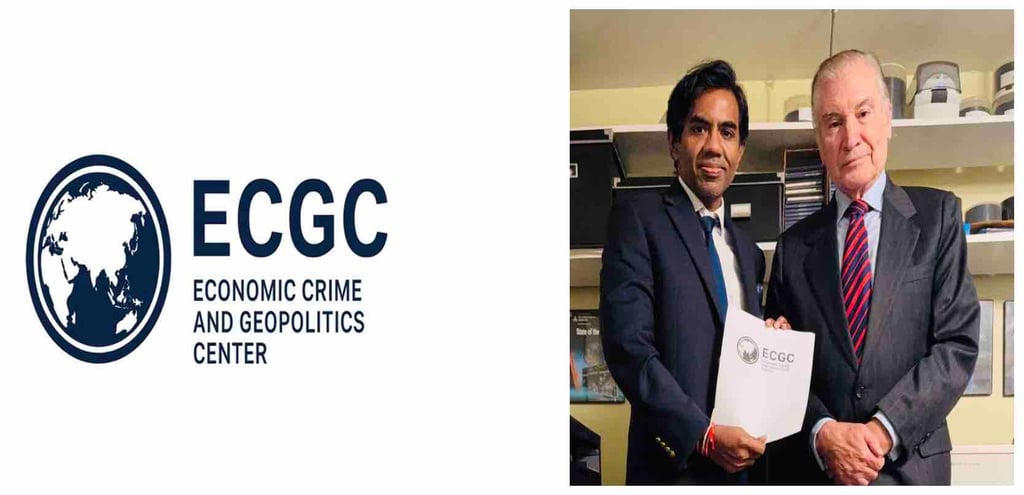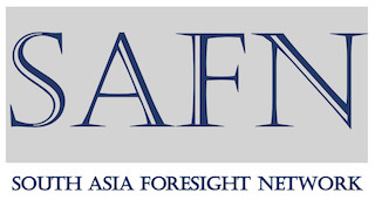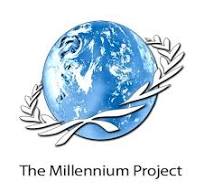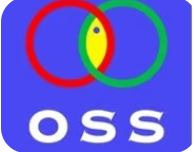Launch of the Economic Crime and Geopolitics Center (ECGC) in Washington, D.C., Amid Nepal’s Ongoing Uprising
From Sri Lanka and Bangladesh to Nepal and Indonesia, recent uprisings demonstrate how systemic corruption, and poor governance can destabilize governments, fuel unrest, and reshape regional alignments.
NEWSECGC
SAFN
9/11/2025


Pic: Jerome C. Glenn, Executive Director, Co-founder, and CEO of The Millennium Project in Washington, D.C., with Asanga Abeyagoonasekera, Executive Director of the South Asia Foresight Network (SAFN).
Washington, DC — September 11, 2025 — The Economic Crime and Geopolitics Center (ECGC) officially launched on September 10th, 2025 as one of the first global initiatives dedicated to addressing the complex relationship between economic crime and geopolitics. Against the backdrop of the current people’s uprising in Nepal—and earlier movements in Indonesia, Bangladesh, and Sri Lanka—the Center will focus on identifying patterns of economic crime and their geopolitical impact across South and Southeast Asia.
The ECGC was launched by Jerome C. Glenn, Executive Director, Co-founder, and CEO of The Millennium Project in Washington, D.C., and Asanga Abeyagoonasekera, Executive Director of the South Asia Foresight Network (SAFN). The Center will be headquartered in Washington, D.C., under SAFN, the regional network of The Millennium Project USA.
To mark the launch of the Center, Dr. Pramod Jaiswal of the Nepal Institute for International Cooperation and Engagement (NIICE) joined the inaugural discussion, addressing the ongoing crisis in Nepal and its regional implications.
Economic crime—including corruption, money laundering, illicit trade, and financial fraud—poses a growing threat to state stability, democratic resilience, and regional security. In South and Southeast Asia, these practices directly shape geopolitical competition, foreign investment flows, and governance outcomes. From Sri Lanka and Bangladesh to Nepal and Indonesia, recent uprisings demonstrate how systemic corruption, and poor governance can destabilize governments, fuel unrest, and reshape regional alignments.
Despite the scale of the threat, institutional responses remain fragmented, often failing to account for the transnational nature of illicit financial flows and their strategic consequences. The ECGC seeks to close this gap by serving as a regional and international hub for research, foresight, and policy innovation.
Working in partnership with regional and global think tanks, universities, and leading economic crime forums, the ECGC will advance a new agenda: linking economic crime to governance, democratic resilience, and geopolitical competition, while promoting strategies for regional stability.
“Economic crime is not just a financial issue—it is a geopolitical challenge that undermines democracy and fuels instability,” said Asanga Abeyagoonasekera. “The ECGC is committed to generating the knowledge and partnerships needed to confront this challenge head-on.”
The ECGC will convene regional dialogues, publish cutting-edge research, and foster collaboration to develop innovative solutions.
For more information, visit: [www.southasiaforesight.net]
Media Contact:
Asanga Abeyagoonasekera
Executive Director, SAFN
[info@southasiafutures.net]


